“Internal Wrangling Makes Up Democracy”
- Par Eulalia AMABO
- 13 Jul 2022 10:53
- 0 Likes
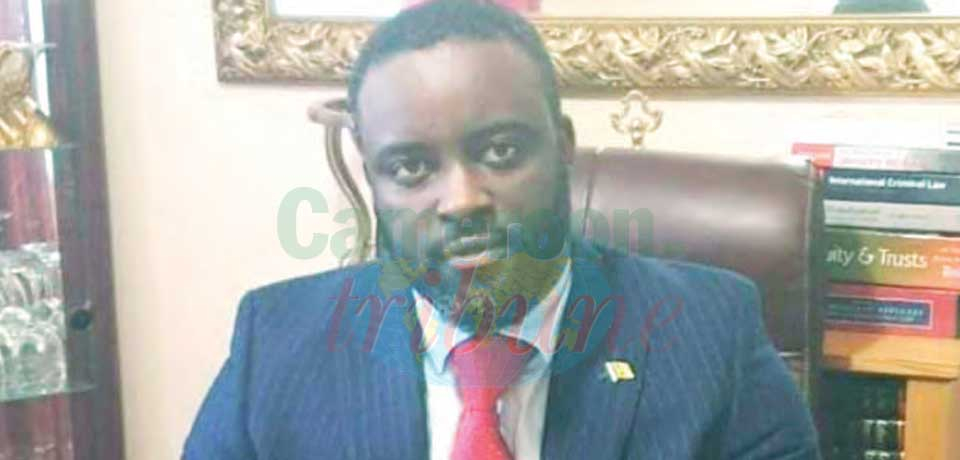
Dr. Elvis Mbwoge, Political Scientist, University of Buea.
Three major political parties the country (SDF, MRC and UPC) are witnessing internal problems. What political interpretation can be given to such a situation?
Many people see internal wrangling of political parties as evidence of failure, division, selfish ambitions, poor leadership, etc. Unlike this general view, as a political scientist, such internal wrangling, regardless of what is happening within the ruling party or parties of the opposition, is a major characteristic that makes up any democracy. I think as democrats, we should instead be scared if we see our political parties running smoothly as Buddhist temples. In my opinion, what accounts for such differences is simply the price democratic parties have to pay. There is just no way a genuinely democratic party can avoid such wrangling unless it is undemocratically led. I cannot stress enough that such struggles with internal divisions are crucial to engaging with different facets of party cohesion which in the long run produce purposeful leadership. However, putting my scientist hat aside, there are much evidences suggesting political parties such as the SDF, MRC, and UPC suffer internal wrangling because of poor leadership. You have leaders who do not believe anyone else is capable of leading their parties. You have leaders who misappropriate or mismanagement party funds, you have leaders who take unilateral decisions concerning crucial matters of their party without consultations, thereby making it seem their parties have become personal or family properties, you have party members as well as leaders who work solely for self-aggrandisement, and nothing like their party’s vision or the interest of the people they represent means anything to them. In short, these are the few characteristics that cause central party militants, especially middle and grassroots militants at local and regional party branches, begin to produce the propensity for internal wrangling and disagreements.
The SDF Chairman recently made some appointments which have been greatly contested within the party ranks. What is your reading of this protest?
The SDF Chairman’s recent appointments within its National Executive Committee (NEC), the Shadow Cabinet and the General Secretariat have been seen by some as groundbreaking because reform work towards the reorganisation of basic organs ahead of the 2023 Convention. This has also been seen by others as chaotic saying that the Chairman unilaterally appointed Barrister Agbor Nkongho Felix who is not a member of the SDF nor has any proof of political affiliation to the Justice Department of the Party’s Shadow Cabinet and his appointment into the Standing Committee of the SDF is deeply concerning not just the members of the SDF party but a huge political move Cameroonians are yet to understand. Without any question of doubt, the Chairman’s unilaterally appoints the shadow cabinet are the cause of the protests given no rules or procedures of the SDF party appointing committee members were respected. This can only be summarized politically as catastrophic given that the barrister has publicly refused to accept this appointment.
Do the appointments translate the fact that the Chairman has clearly chosen his successor?
To the best of my knowledge, the carbinet shakeup by Ni John Fru Ndi took place as part of preparations for political transition in the party in the days ahead. Given the political behaviour and culture within Cameroon politics which proofs that most party Chairmen are sit tight Chairmen, it is highly risky to put your bet that Mr Fru Ndi has chosen a successor.
Within the MRC why is the candidacy of Michèle Ndoki for Chairperson creating a long backlash from most supporters of the party’s Chairman?
The case of MRC and the SDF are similar given the way these parties go about choosing their le...
Cet article complet est réservé aux abonnés
Déjà abonné ? Identifiez-vous >
Accédez en illimité à Cameroon Tribune Digital à partir de 26250 FCFA
Je M'abonne1 minute suffit pour vous abonner à Cameroon Tribune Digital !
- Votre numéro spécial cameroon-tribune en version numérique
- Des encarts
- Des appels d'offres exclusives
- D'avant-première (accès 24h avant la publication)
- Des éditions consultables sur tous supports (smartphone, tablettes, PC)






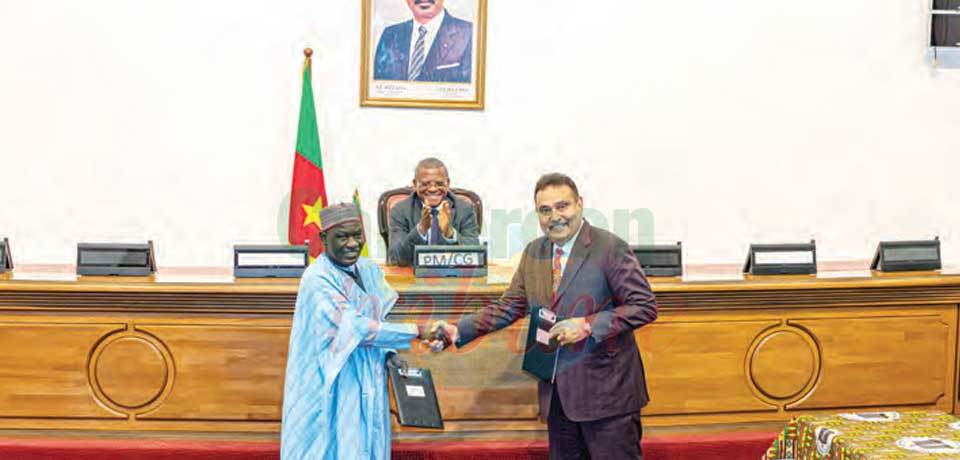
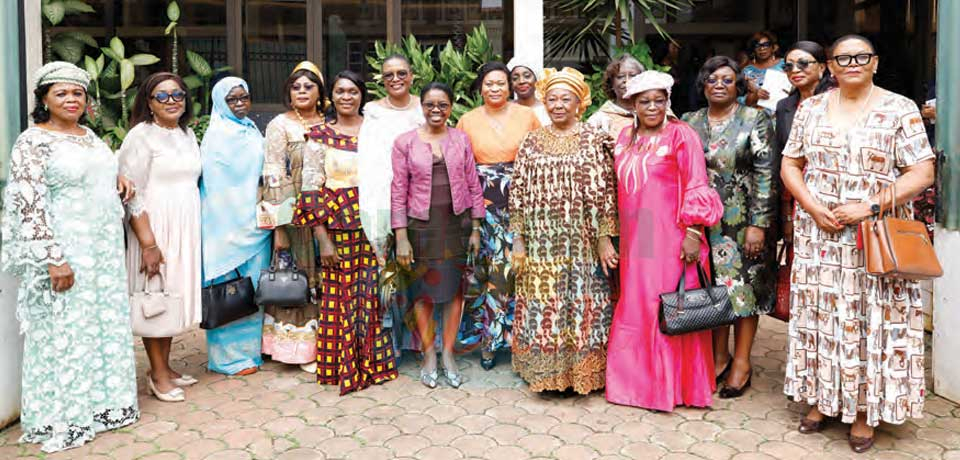
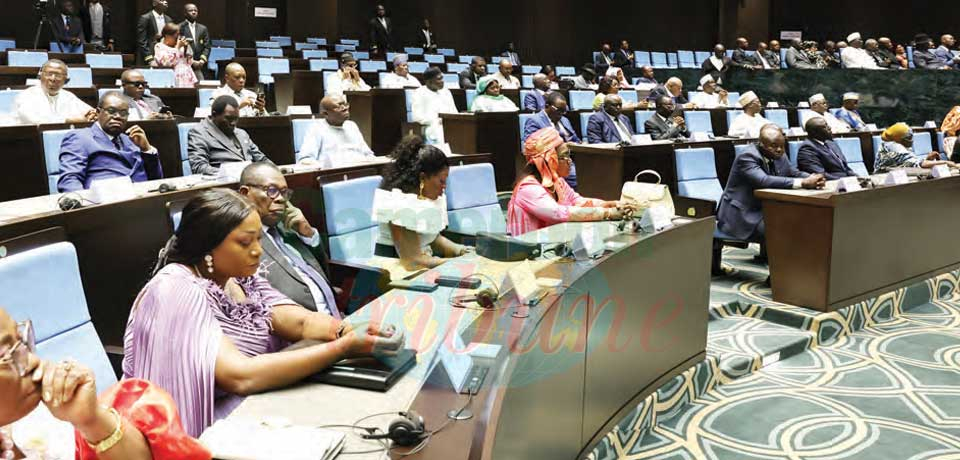
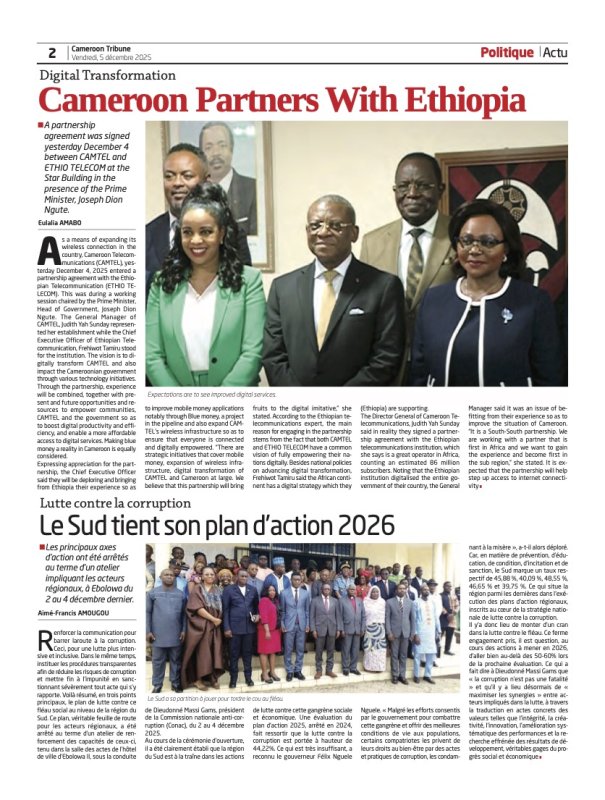




Commentaires